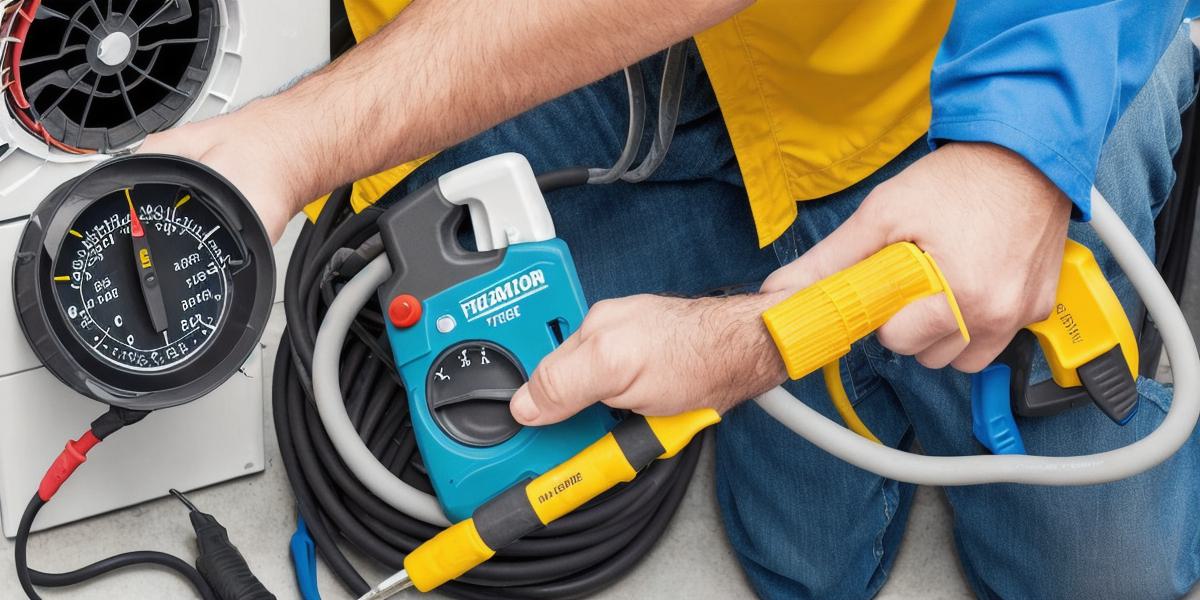How to Check Freon in AC Unit: A Comprehensive Guide
It is important for homeowners and renters to know how to check freon in their AC units, as this can help them avoid costly repairs and prolong the life of their unit. Here are some steps that you can follow to check the freon levels in your AC unit:
- Check the Freon Refill Port
The first step is to locate the freon refill port on your AC unit. This will typically be located near the condenser unit, which is usually located outside your home. Look for a small, rectangular port that has a cover plate with a label that says "Freon" or "Refrigerant." - Remove the Cover Plate
Once you have found the freon refill port, remove the cover plate using a flat-head screwdriver. This will reveal the refrigerant line connecting to the port. - Check the Freon Levels
Using a digital pressure gauge, check the pressure of the freon in the system. The recommended pressure range for most AC units is between 20 and 40 psi. If the pressure is too low, you may need to add more refrigerant to your system. - Check the Freon Type
Different types of AC units require different types of refrigerants. To determine which type of refrigerant your unit uses, check the label on the compressor or consult the manufacturer’s manual. Common refrigerants include R-22, R-410A, and R-740. - Check for Leaks
If you notice any leaks in your AC system, it is important to have them repaired as soon as possible. This will prevent further damage to the unit and ensure that it runs efficiently. To check for leaks, use a UV light or fluorescent dye to detect any leaking refrigerant. - Recharge Your System
If you need to recharge your AC system with freon, it is important to do so properly. This involves adding the appropriate amount of refrigerant and making sure that the pressure in the system is within the recommended range. It is best to have this done by a professional to avoid any further damage to the unit.
By following these steps, you can check the freon levels in your AC unit and ensure that it is running efficiently. If you are unsure about any aspect of the process or need assistance, it is always best to consult with a professional HVAC technician.
FAQs:
- How often should I check my AC unit’s freon levels?
It is recommended to check your AC unit’s freon levels annually, especially if you notice any issues with the performance of your unit. - Can I add more refrigerant to my own AC system?
While it may be possible to add more refrigerant to your own AC system, it is not recommended as this can cause damage to the unit and may void your warranty. It is best to have this done by a professional HVAC technician. - What are the signs that my AC unit needs freon?
If your AC unit is struggling to maintain its desired temperature or if you notice any unusual noises coming from the unit, it may be a sign that it needs freon. It is important to have this addressed as soon as possible to prevent further damage to the unit and ensure that it runs efficiently.
